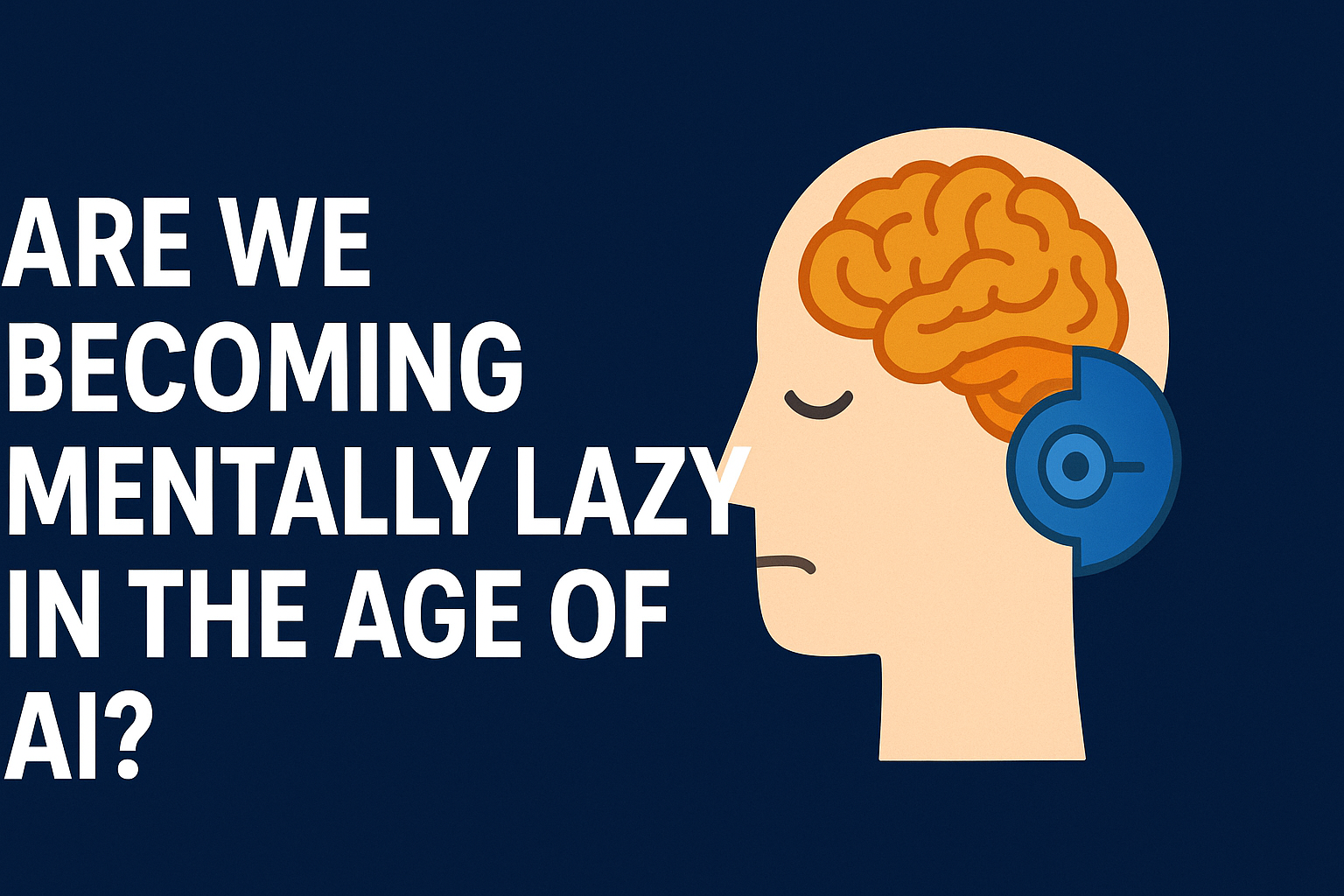Most of us love shortcuts. When faced with a challenge, we often give up quickly and look for an easier way out. With the advent of AI tools like ChatGPT, Gemini, and DeepSeek, this tendency has only grown stronger. We have lost patience. We crave instant solutions and quick rewards.
But true, lasting knowledge does not come from quick fixes. It comes from the struggle of problem‑solving. When we wrestle with a question, explore possibilities, and make mistakes—that’s when real learning happens. AI should be our last resort, not our first instinct.
The Lost Art of Problem‑Solving
In my 20+ years of teaching, I’ve witnessed this shift first‑hand. My earlier students—before the era of AI—learned deeply because they had no choice but to work through problems themselves. I gave them exercises, they spent time on them, and the reward was both knowledge and confidence.
Today, that phase of struggling, reflecting, and finally solving is disappearing. Developers under deadline pressure often turn to AI for a quick patch. Yes, the company may benefit in the short term, but the individual suffers. Your problem‑solving muscles weaken. And remember: in a job interview, you won’t be given ChatGPT to answer fundamental questions.
Why Fundamentals Still Decide Careers
Multinational companies routinely ask basic questions—even to senior professionals—because they want to test foundations. The only way to safeguard your career is to build solid fundamentals with practical understanding. That’s why in my classes, I don’t just cover topics—I build concepts and cultivate the habit of thinking.
AI Is a Tool—Not a Crutch
AI is truly helpful for those who already have domain knowledge. Give a premium AI tool to a layperson and ask them to fix an airplane—it won’t help. Put the same tool in the hands of an experienced pilot, and it becomes a powerful assistant. The problem lies not in AI, but in our instinct to give up quickly.
A Lesson from the Industrial Revolution
Machines made travel faster but weakened our bodies. To cover 2 km, we often take a vehicle instead of walking. Yes, we save time, but we lose strength. The industrial revolution weakened our muscles; the AI revolution risks weakening our intellect. Our brains can become lazy—all for the sake of quick rewards.
The Way Forward
- Make problem‑solving a regular part of life—embrace the struggle.
- Build fundamentals first; reach for AI only after you’ve tried.
- Use AI to learn and to check, not to substitute your work.
- Seek mentors and teachers who understand your context and emotions—AI can’t replace that.
Learn the Fundamentals—One‑on‑One
I teach C#, ASP.NET Core, Blazor, SQL and more—concept‑first, with real problem‑solving. If you want depth that lasts beyond interviews and AI prompts, join my one‑on‑one sessions.
Let’s use AI as a friend—to accelerate understanding—while keeping ownership of the thinking. If we don’t, we risk losing the very strength that makes us human: our ability to think, solve, and grow. Wake up today.







